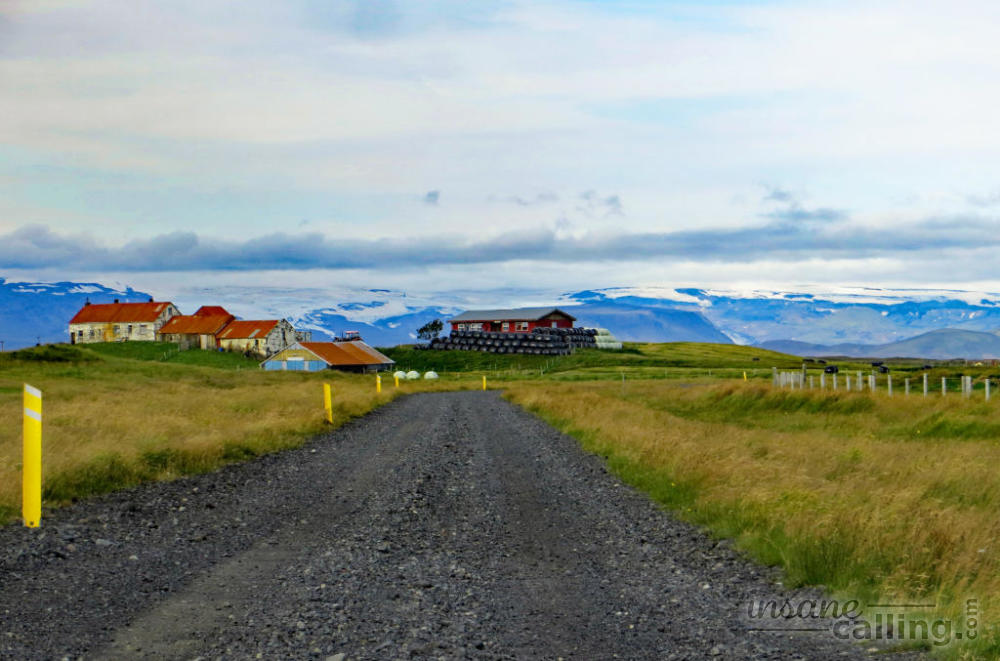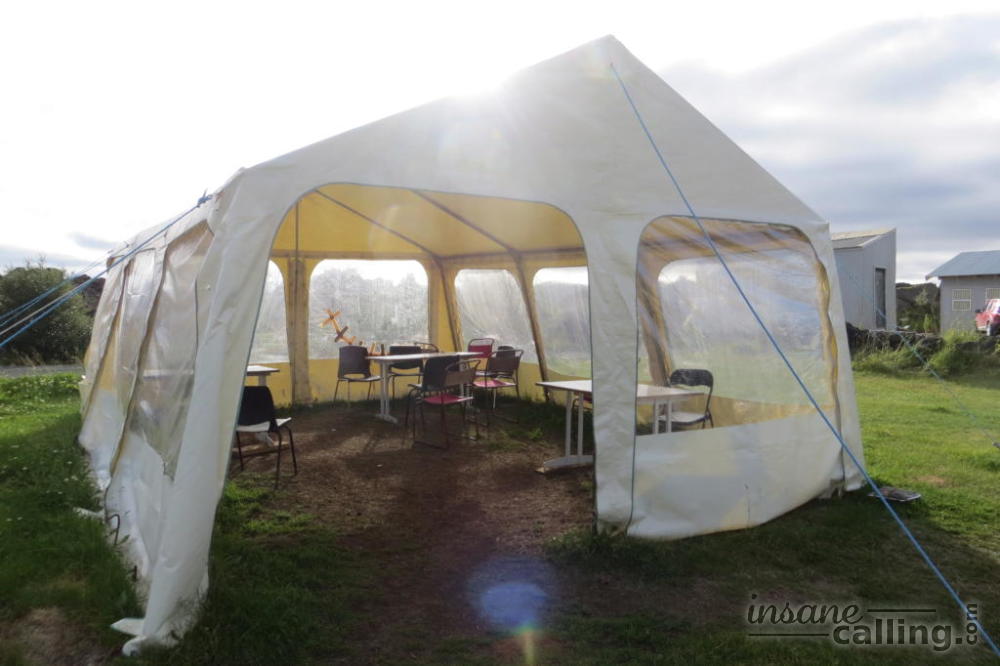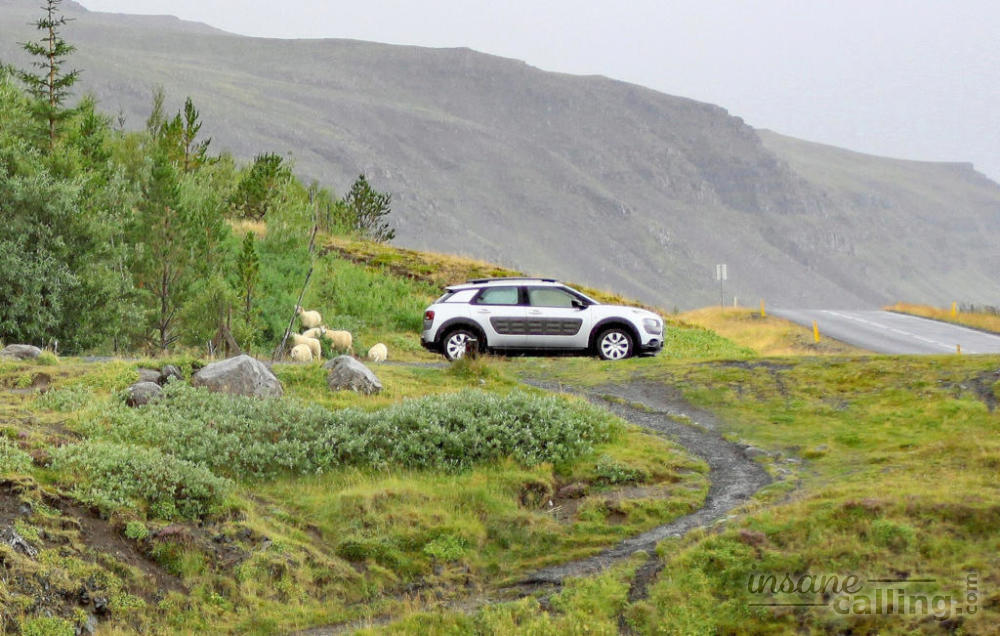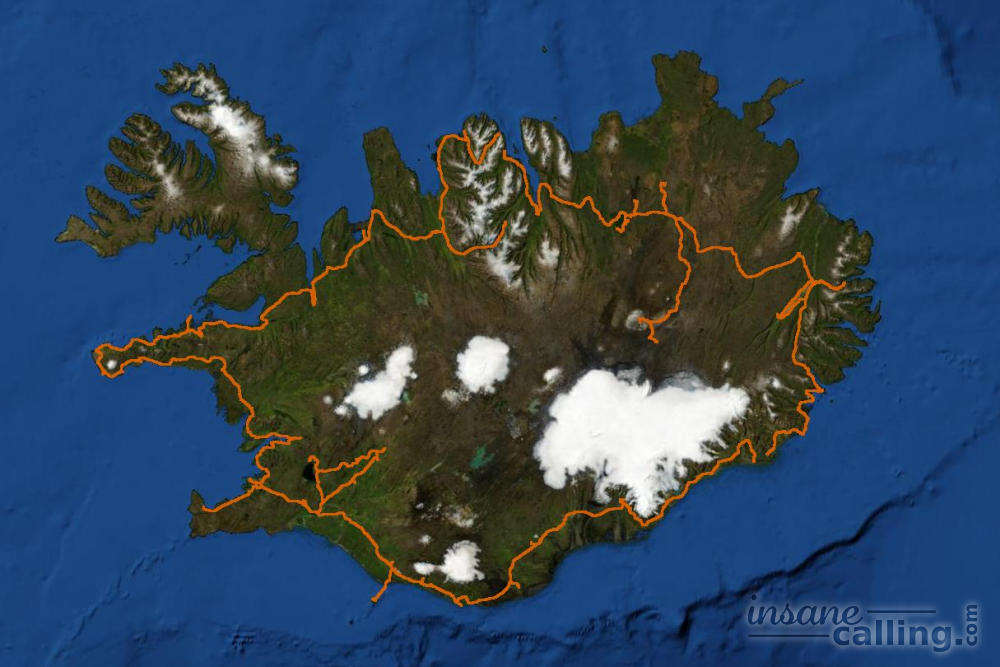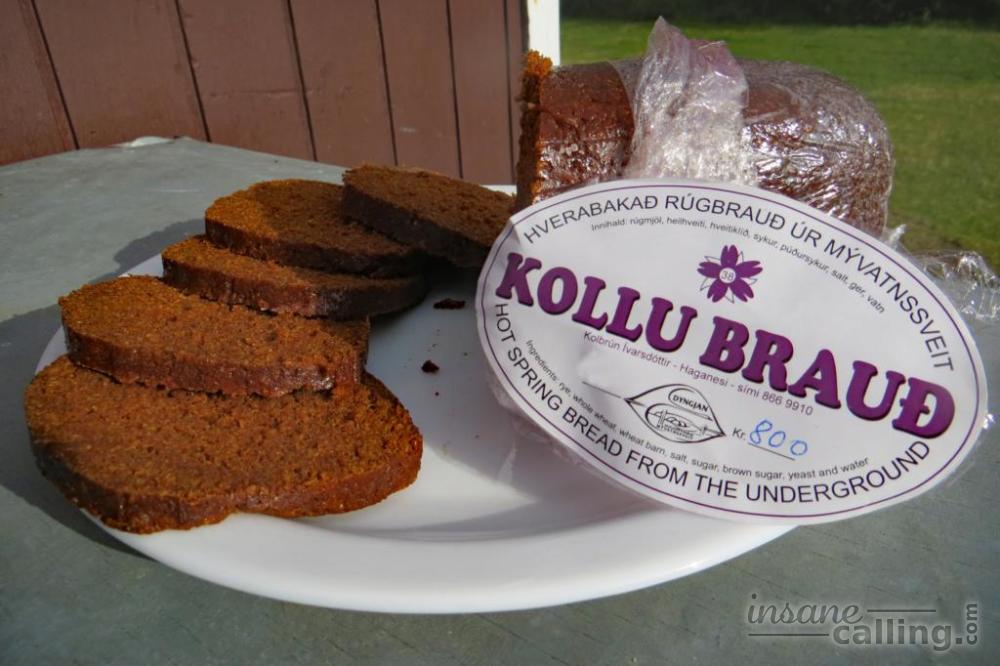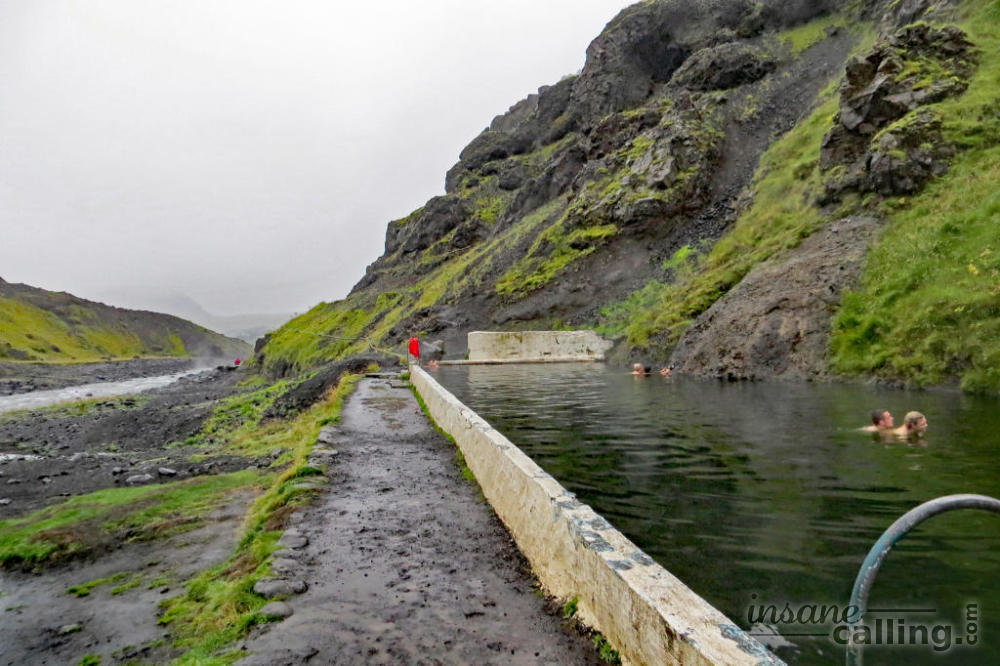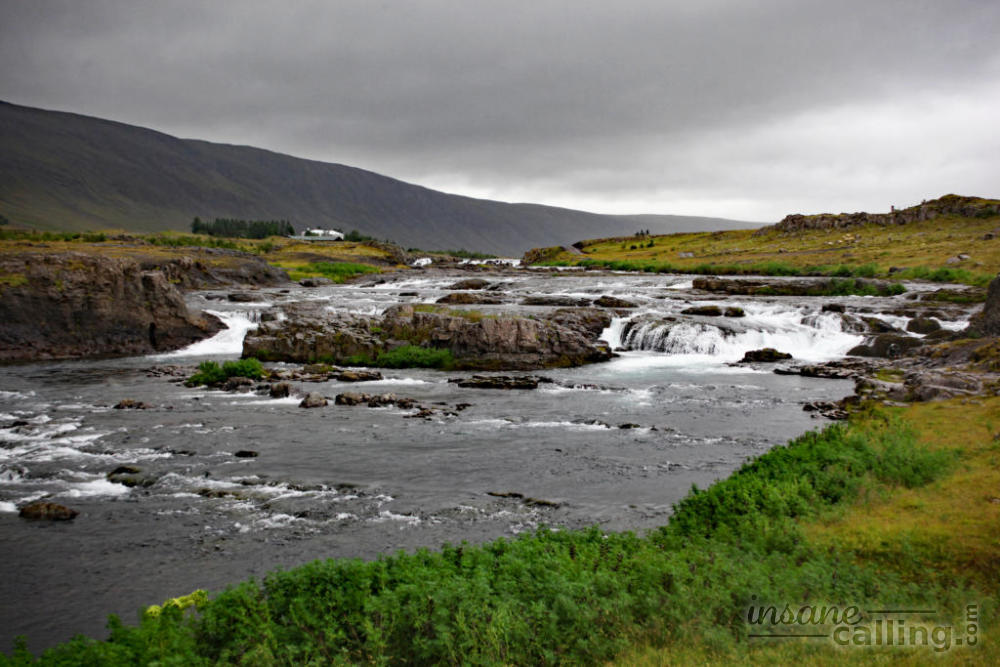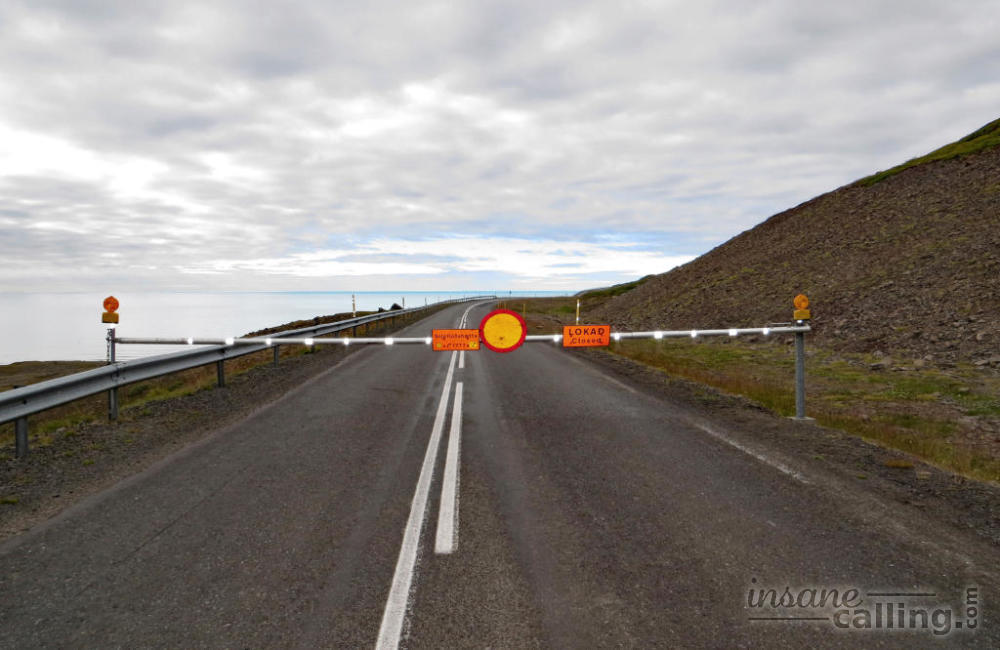Life in Iceland
Many a times during our roadtrip, the harsh weather, the remoteness of it all made us curious about the Icelandic way of life.
We met people in remote towns and villages who told us that they are from Reykjavík but they moved because Reykjavík was too stressful or because they wanted their children to run about safely in nature. We were surprised that someone considered living in a place as small as Reykjavík, stressful. But in our road trip, every time we hit towns like Akureyri or Selfoss after days of wilderness, we could totally understand these people.
We gathered some information from the locals we met. This is no expert knowledge. Just hearsays and answers to our questions from the locals which gave us an insight into the Icelandic way of life.
How do the kids living in remote areas study?
The first solution is find nearby schools with buses which collect kids from different valleys. Then comes distance education. Like in Australia, kids connect to online classrooms. For higher level schooling, children have to move to towns and cities. Some kids also go to boarding schools for shorter but intensive school terms.
What are the main sources of income in remote areas?
Traditionally, fishing used to be the most common method of earning a living. Off late, tourism has taken over that claim. The sheep and horses you see grazing around all summer bring in money as well. They are raised for their meat. Additionally, the sheep provide wool and horses are used for riding.
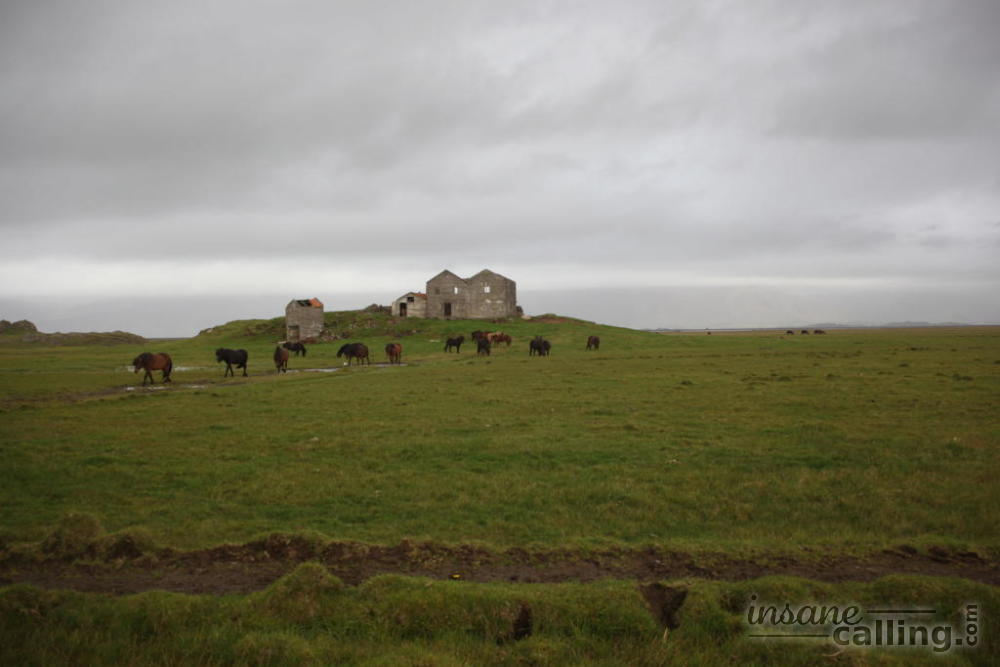
A little more about all the cattle…
Farmers let their farm animals out for three months in summer. In early september, they prepare the hay. You will see huge haystacks covered in plastic dotting farmlands in this period. This hay lasts the cattle all winter. Towards the end of september and early october all the sheep are collected back from summer pastures in highlands to lower land and either kept in sheds or their roaming area is limited so they do not wander too far and can always come back to the sheds. Sheep are tagged but still a few get lost every season.
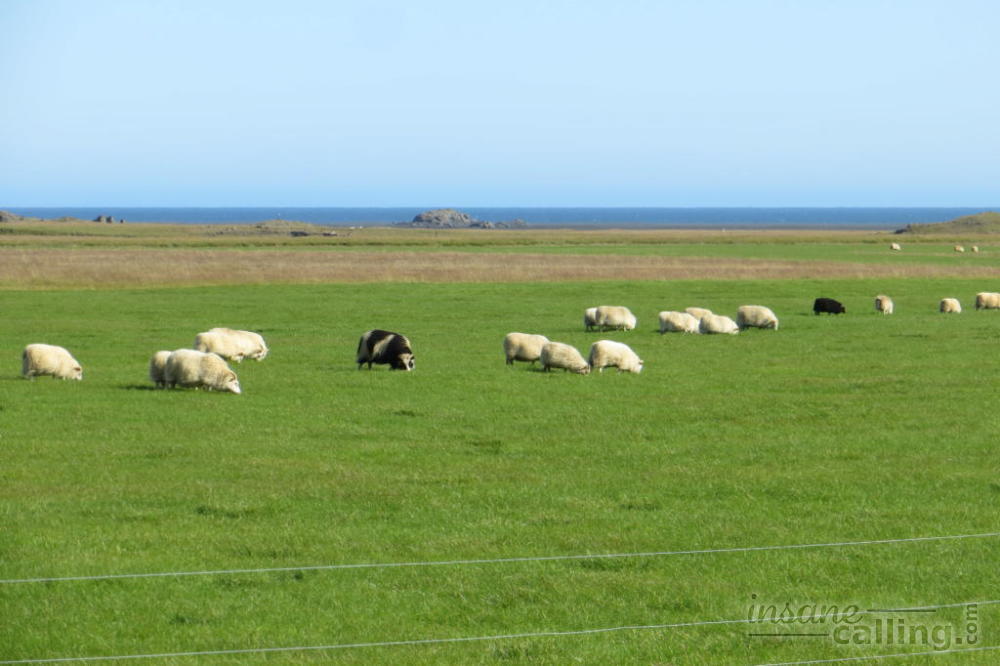
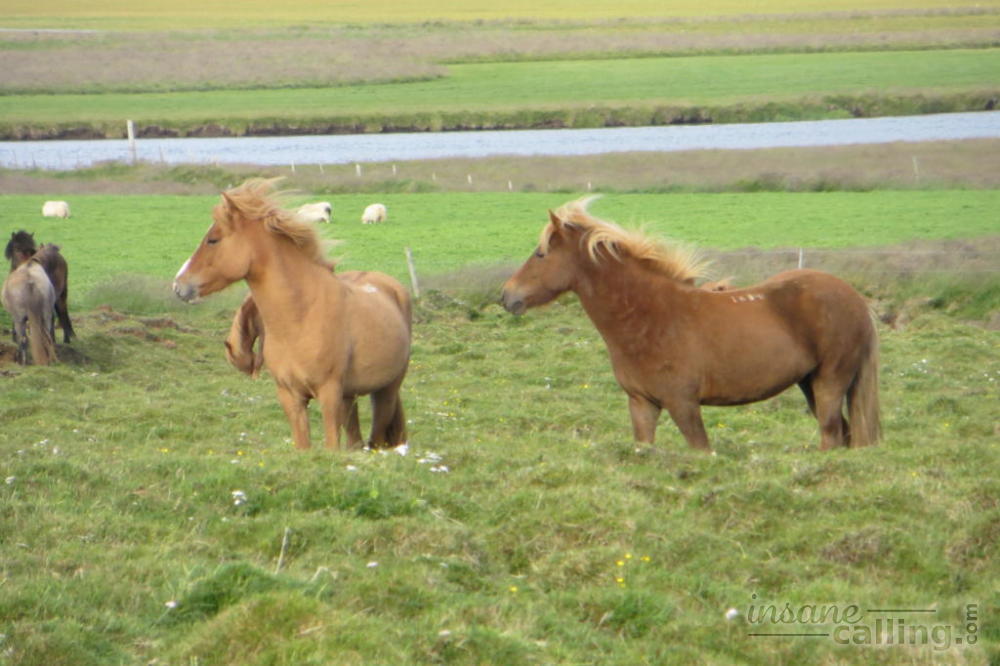

What about medical services in rural areas?
There are doctors in small towns. There is usually a medical facility, small or big, within 1 to 3 hours reach. During winter, the road conditions can be make this longer. For more serious medical problems, people have to go to the city. We were told the story of a pregnant lady whose legs were tied so that she wouldn’t push the baby till the ambulance took her to the hospital. Sounds harsh, doesn’t it ? She did eventually deliver a healthy baby.
Are churches in remote areas in use?
The priests are assigned areas and go regularly to the churches in these areas. For special occasions like weddings and baptisms, you can request the priest to be present in your church on your preferred date.
